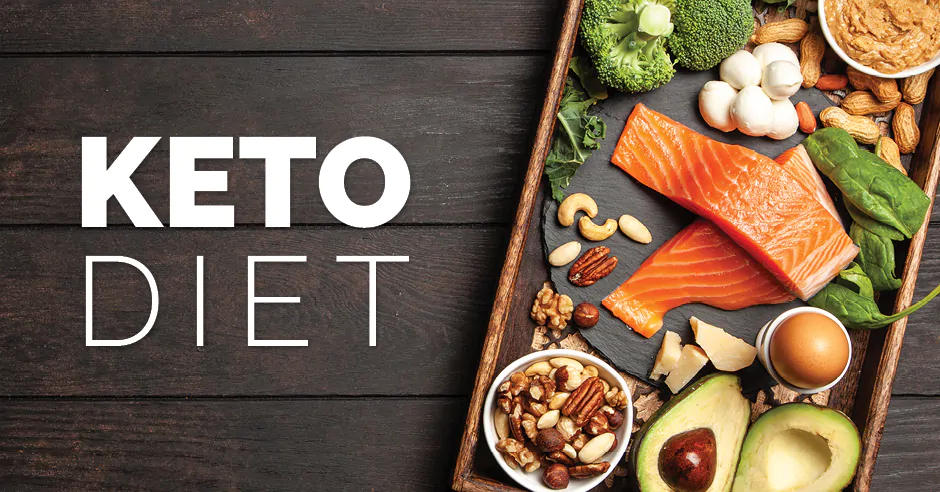The Dangers of Eating Too Much Healthy Food
There are a number of negative consequences associated with eating too much healthy food. These include weight gain, orthorexia, drowsiness, and poor sleep. The benefits of a balanced diet are often outweighed by the negative side effects, however. This article will highlight the dangers of overeating healthy foods. Read on for more information!… And, don’t forget the negative effects of insomnia, which can also result from eating too much of a particular food.
Overeating can lead to weight gain
Eating large portions of high-fat foods has many negative effects on our bodies. First, it expands, pushing other organs and tissues aside. This can result in uncomfortable feelings, fatigue, sluggishness, and even tight clothing. Moreover, overeating also causes our body to produce extra hormones and enzymes that break down the food. As a result, we gain unwanted weight.
If you’ve noticed yourself overeating often, try to identify the triggers that make you feel compelled to eat unhealthy food. You may be tempted to munch on a snack when you’re watching television. In such a case, try to find a place away from the TV where you can eat healthy food. If it’s difficult to change a habit, try dealing with a small one at a time. If you notice the same problem every day, you might be prone to overeating.
Besides the aforementioned health risks, you should also try to avoid eating too much of any type of food. Although it’s hard to believe, the same principles apply to healthy food as to junk food. In other words, you should make sure that your body gets enough energy throughout the day. Ideally, you should eat every three to four hours. Also, show up for a meal not starving. Overeating means you won’t give your stomach time to tell your brain that you’re already full.
It can lead to orthorexia
When a person is obsessed with eating a specific diet, the symptoms are often severe, including excessive weight loss, malnutrition, and strict diet restrictions. In addition to the physical symptoms of orthorexia, it can cause severe problems with social, academic, and career life. Orthorexia patients often suffer from negative body image and self-esteem, and can even feel socially isolated. A doctor’s diagnosis is necessary to determine the exact course of treatment for a person suffering from this disorder.
While it is possible to reverse some of these symptoms, it is important to remember that a diet with a high number of unhealthy foods may contribute to orthorexia. Using a multidisciplinary approach to treatment will help identify the root cause and develop a personalised treatment plan for the patient. It is also important to seek treatment as soon as possible. Treatment will include a multidisciplinary team, including a registered dietitian and therapists, to help determine the root causes and symptoms of orthorexia. One of the goals of nutrition for people with orthorexia is to deconstruct false food beliefs, redefine the concept of “healthy food,” and decrease the belief that “magical foods” can cure everything. Weight loss may be part of the treatment plan as well.
Also Read: – How to Get Rid of a Headache After Wisdom Teeth Removal?
It can cause drowsiness
There are many factors that can contribute to excessive daytime sleepiness, including eating foods that are high in tryptophan, an amino acid used by the body to create serotonin, the brain chemical that is responsible for our feeling of well-being. Foods rich in tryptophan include eggs, cheese, spinach, tofu, and soy. Although this may seem counterintuitive, eating too much of these foods can result in excessive daytime sleepiness.
Some people report feeling sleepy after eating large meals. Eating too many high-fat meals can increase postprandial sleepiness. However, not all high-fat meals cause this symptom. High-fat meals can contribute to postprandial sleepiness in different people. Additionally, the timing of your meal and exposure to sunlight can influence your postprandial sleepiness. Some people also feel sleepy right after a heavy meal.
It can cause sleep problems
There is a complex relationship between diet and sleep. A diet that includes fatty, high-protein foods and alcohol may make it difficult to fall asleep at night. Avoiding caffeine and high-caffeine drinks around three hours before bedtime may reduce the disruption of sleep. However, you must also ensure that you do not eat a large meal before going to bed. Besides, complex carbohydrates help you digest food easily.
A diet high in saturated fat and sugar can interfere with sleep. Conversely, a diet rich in fiber and unsaturated fats may be beneficial in promoting sound sleep. The following are some foods to avoid before bedtime. These foods are rich in vitamins and minerals, which can improve sleep quality. If you are interested in learning more about the relationship between sleep and diet, check out the Dietary Guidelines for Americans.




